
In honor of Women’s History Month, the DML’s Soup & Substance series held a discussion on power-based violence prevention. I felt that the discussion needed to be heard beyond the Kagin Commons basement, so I invited Kyla Martin ’15, one of the event’s presenters, for an interview. Thank you for honoring us, Kyla, with your knowledge, your honesty, and your story.
AE: At the presentation, you discussed a phrase I have not encountered before: power-based violence. What is power-based violence, and what is the “power” referenced in the phrase?
KM: Power-based violence is terminology used by the Green Dot Program, which is an organization that means to systematically reduce violence in our communities. It’s in reference to things like harassment, domestic violence, child abuse, sexual assault, abuse, stalking. It’s anything that is not so much about the person, but about taking over someone or taking over another body, whether emotionally, physically, mentally. That’s where that “power” comes from: it’s about dominating and taking control over another person.
To ask you a question you asked your audience: why is talking about power-based violence important?
For me, it’s a personal attachment to power-based violence, and more specifically, sexual assault and harassment. I also know way too many people who have experienced the same. There needs to be more of a conversation about what it looks like and why this matters. I know way too many people on this campus—and I want to center it on that: it’s on this specific campus. This is important. This is real. There are so many people who walk around every day and interact with you, and you have no idea. You have no idea. Everyone is being affected.
One way I saw you engaging with how pervasive power-based violence is is through your critical view of hookup culture. Can you speak to hook up culture and how you see that playing into creating unsafe situations?
I focus on hookup culture because it’s a way of hiding sexual assault. You hear: “Oh it wasn’t that bad. You just had some bad sex.” Or, “Oh, you were really drunk.” They give the excuses. It feeds into rape culture because people are normalizing those actions and behaviors. Part of the Green Dot Program educates on what a stalker looks like, and what a nice boyfriend looks like. Scarily, some of those behaviors overlap; it’s just that one is wanted and the other is not. With hookup culture, it’s tricky to figure out what’s wanted and what is unwanted. There’s all these layers to it, like the pressure to hookup with someone because it might reflect on your self-worth. And then it gets to something like Kagin.
Ah, yes. Kagin.
Yeah. Kagin. At Kagin, you see people are intoxicated, you see people are high, you see them dancing. You see it all the time, and it’s always hard to know if someone is dancing and it’s okay, or if someone is dancing and it’s getting too handsy. You don’t know what kind of consent is being given, if any. And if your goal is to get drunk, get loose, and get a guy, power to you. But with someone who doesn’t want to hook up but is too drunk to say no or to know what’s happening, or if someone is exerting so much power over them—to me, she can look like that girl who does want the hookup. The same actions are taking place, and that’s where hookup culture is so problematic on college campuses and at Macalester. You don’t know which is okay and which is not.
That’s where at Macalester you see power-based violence, hookup culture, and rape culture come together. Bystanders don’t know to tell. There’s so much ambiguity with signals for sexual and/or romantic interest anyway, and then to add intoxication onto that makes it incredibly difficult for bystanders to intervene. Given this situation, how can we start emphasizing better ways to support each other before, during and after situations become dangerous?
Before, people can say to your friend: “This is what I want tonight.” And yeah, plans change but having an idea for what you want for the night, how drunk you want to get, who you are going to be with, who you are going home with gives you a basis. Make those things clear.
During, be an active bystander. (I won’t say just “bystander” because you need to be active in this.) Ask: are you still good with the plans from before, or have you changed your mind? Recognize when you don’t know when she likes that or not, he likes that or not, they like that or not. You need to realize that it’s better to say something than to say nothing at all. What’s the worst that can happen? Your friends tell you that they are okay? You can play off awkwardness instead of seeing something off, stewing in it and watching something happen that could potentially be a dangerous situation. I’m a fan of Terry Gorman’s “If you see something, say something.”
I don’t want there to ever be an after [situations become dangerous], but: After, if something might have happened, you check up with the person the next day. Ask: “Are you okay with everything that happened last night?” If they say yes, then fine. But if they say “No, it was actually bad,” realize that was a sexual assault, not a “bad hookup.” If you are not okay with something, if you weren’t comfortable, if you were not in the right mind-body state, if you did not know what you were getting into: reactions are a huge, and sometimes they are terrible. We need to do better follow-up with someone in a way that’s really supportive to them and their needs after something bad happens.
What sparked your presentation?
We talk a lot about how we can provide support to people after they experience power-based violence. There’s hotlines, there’s counseling, there’s support group, there’s Health and Wellness, there’s off-campus counselors, there’s ways to report it. But I ask how we can actively be present with that person and a support for them, because we cannot expect that everything will be better if we give them these resources. It doesn’t just end like that. People just don’t get over these things.
I want to see people being more actively willing to listen to stories, being open-minded and not blaming survivors because it was not their fault. One of the biggest problems I see is the way in which Mac talks about power-based violence, because it opens itself up to victim-blaming. We have a mind that likes to debate, and our approach open doors to the questions: Should they have been drinking? Should they have been watching themselves? Well, why did they go to Kagin, then? Why did they go if they know how people are like?
We aren’t doing it to be negative, but the impact of how we respond matters. I’ve actually heard people say: “oh, they don’t need to say that in public.” It’s like saying that you don’t need to share yourself in public. My experience makes me who I am today, and I need to carry that around every day. It’s coming out somehow. But I don’t know if there is a safe space; an open, public safe space to talk about these issues. Places where we are told this is our experience and our identity, that it’s okay, that you are on the road for recovery and I am here to go along with you. I want Macalester to show that we don’t blame those who experience power-based violence; we blame those who perpetrate these crimes.
I was really inspired by the Green Dot program’s ideology that it’s both the little and big things we do that can change our culture to prevent power-based violence. Each act we do that works against violence is a green dot, and with enough of these acts, we can create a critical mass of social movement. What green dots do you think would contribute so much?
I think the smallest green dot was just being there and willing to participate in that dialogue. Everyone at that presentation showed that they do not tolerate power-based violence. We are all members of a community, especially the Mac community, and we need to bring in the mindset that we can no longer blame the person who has already suffered so much. Being an active bystander means we don’t put the responsibility all on the person who potentially is going to experience violence, or even all on the person who potentially is going to commit violence. Responsibility is now on the three of you, and being a green dot is taking that responsibility, and doing something about it.
Reaching out to you was my green dot, and our conversation is another. I hope that we as a campus can continue to make these spaces and opportunities happen.

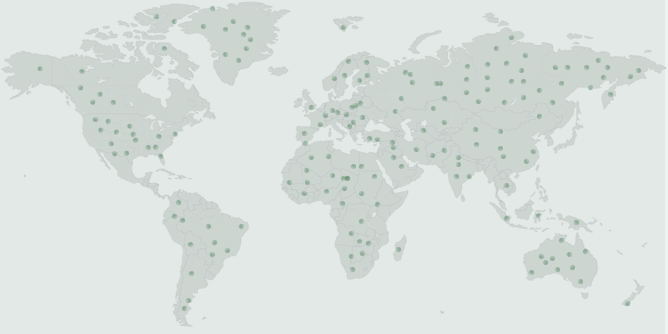


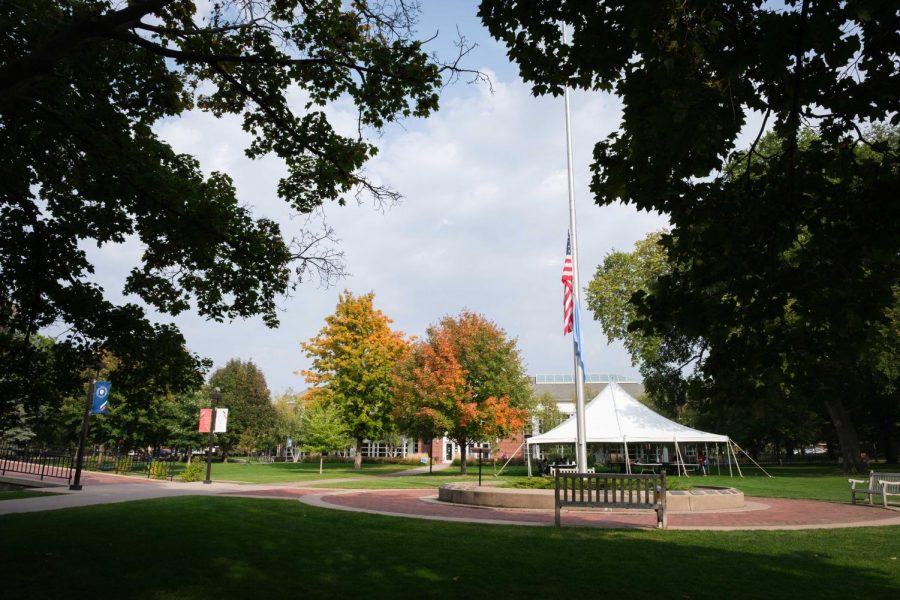
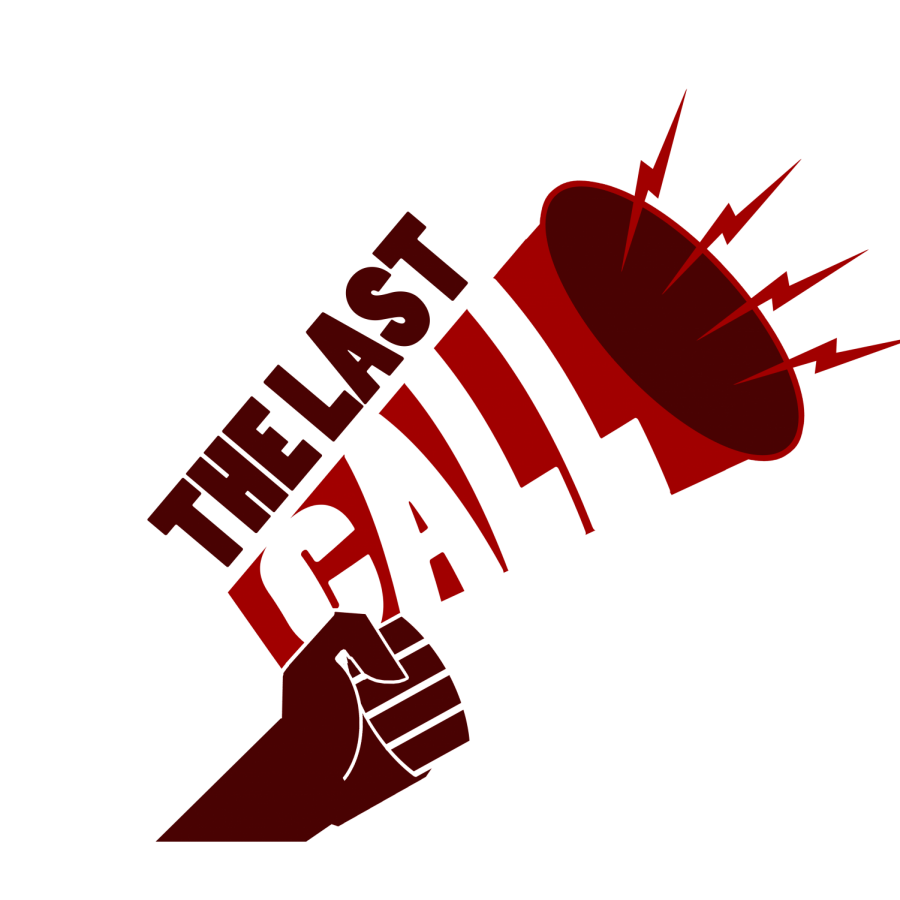





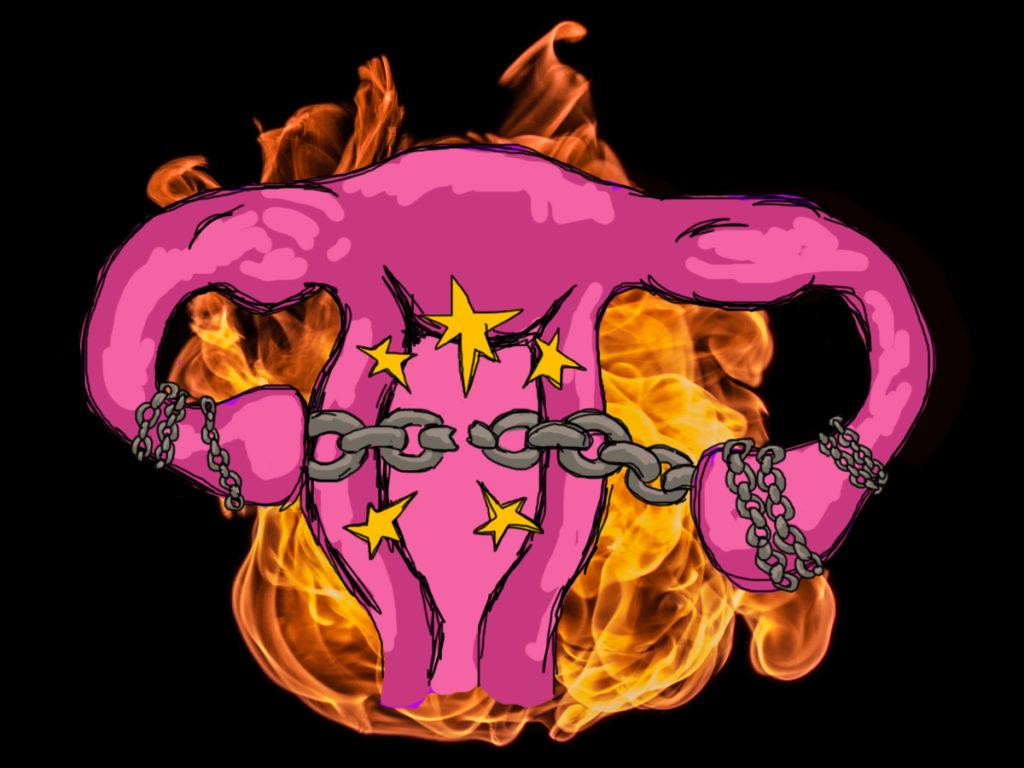
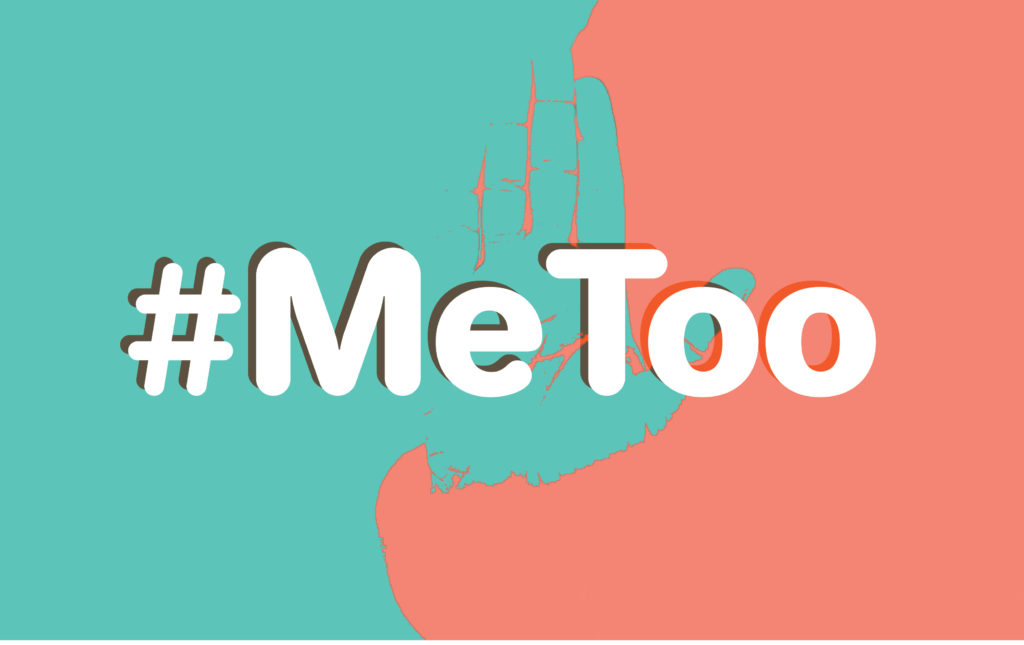
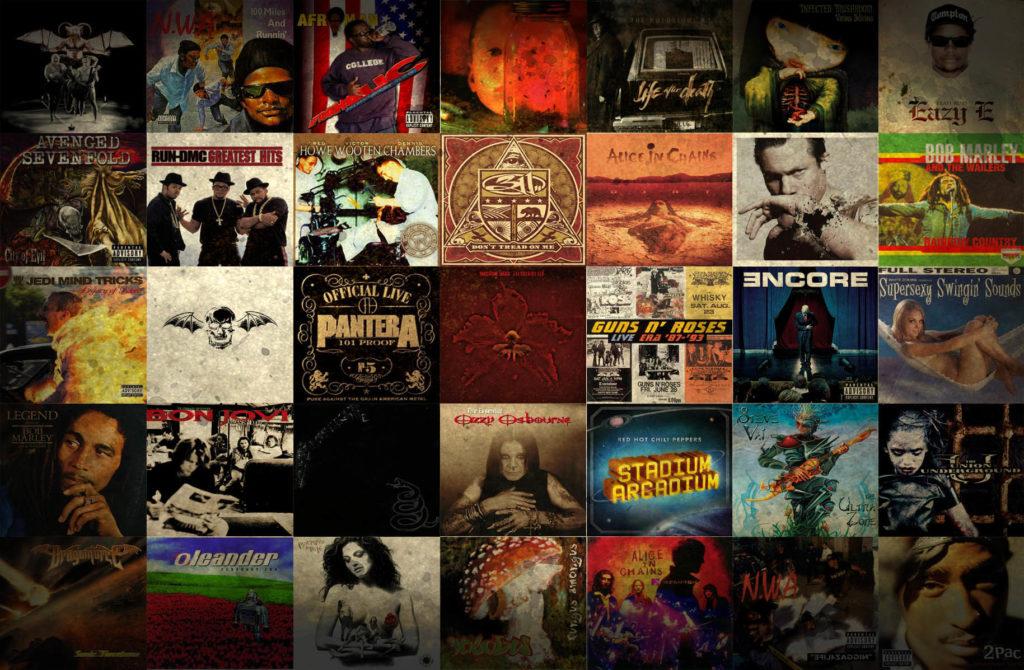
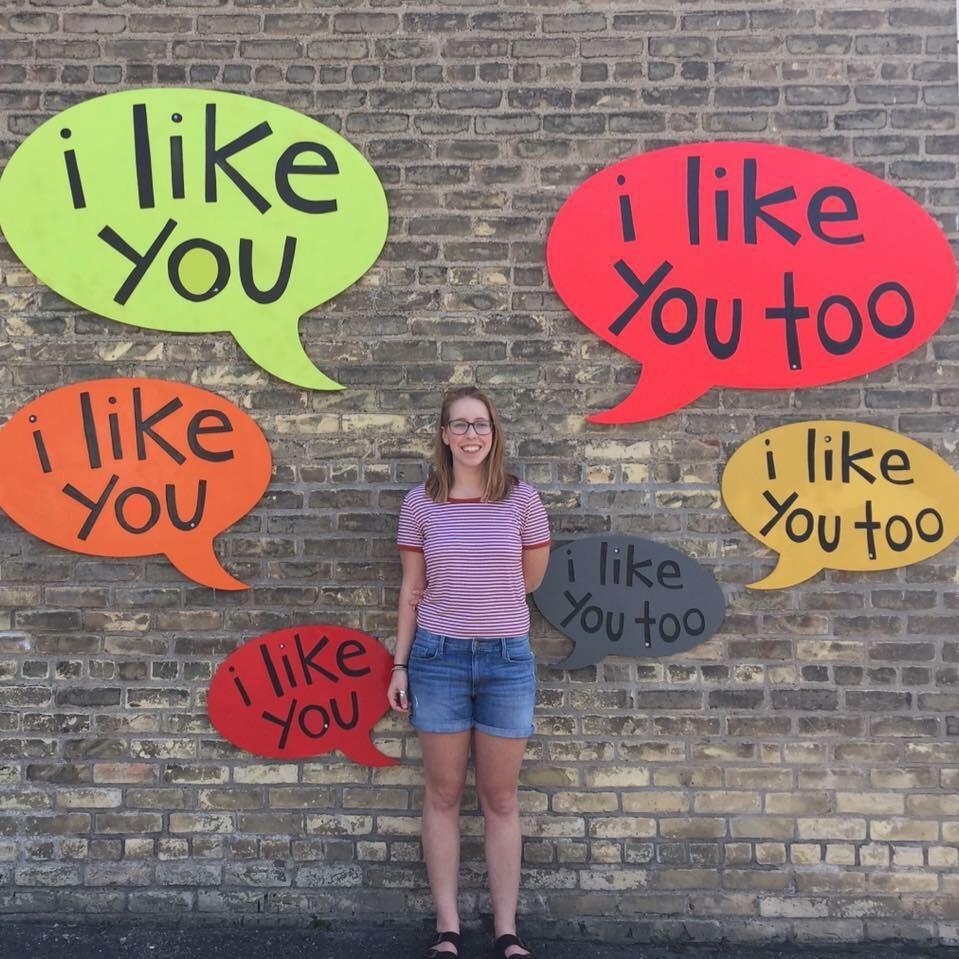
Lisa Vaughan • Sep 10, 2019 at 5:49 pm
I gotta favorite this site it seems very useful very beneficial
Edward Skinner • Sep 6, 2019 at 3:01 am
I have read so many articles regarding the blogger lovers but this paragraph is truly a pleasant post, keep it up.